#IWASTHERE
Duressa does the chores at home
By turning tradition upside-down, Duressa has reduced the burden on his mother, and is spreading the word for other young people in Ethiopia to get busy too.
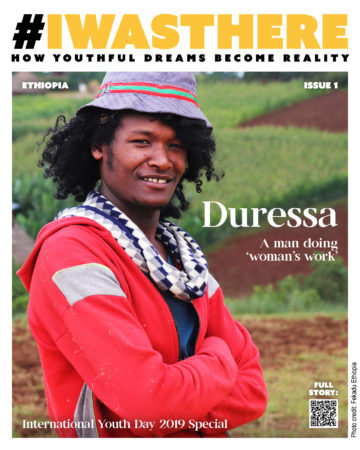
Duressa Yakob would be the first to admit that he was not an easy youngster: “I was showing some unacceptable behaviours like lack of respect for my parents and insisting they give me money for an unreasonable expense. I had no plan and no vision. I was just living a random life.” What turned him around was contact with the Empower Youth for Work (EYW) program.
Awareness of issues
Duressa, 25, lives in Shashamene district, south of Ethiopia’s capital, Addis Ababa. He grew up on the family farm, and was aimless and dependent on his parents until he joined the ‘community conversation’ conducted locally through the EYW program. He has become one of the most active participants and the conversations have opened his eyes (and ears!) to issues such as Gender Based Violence, Unpaid Care Work, Sexual and Reproductive Health and Rights, and Climate Change.
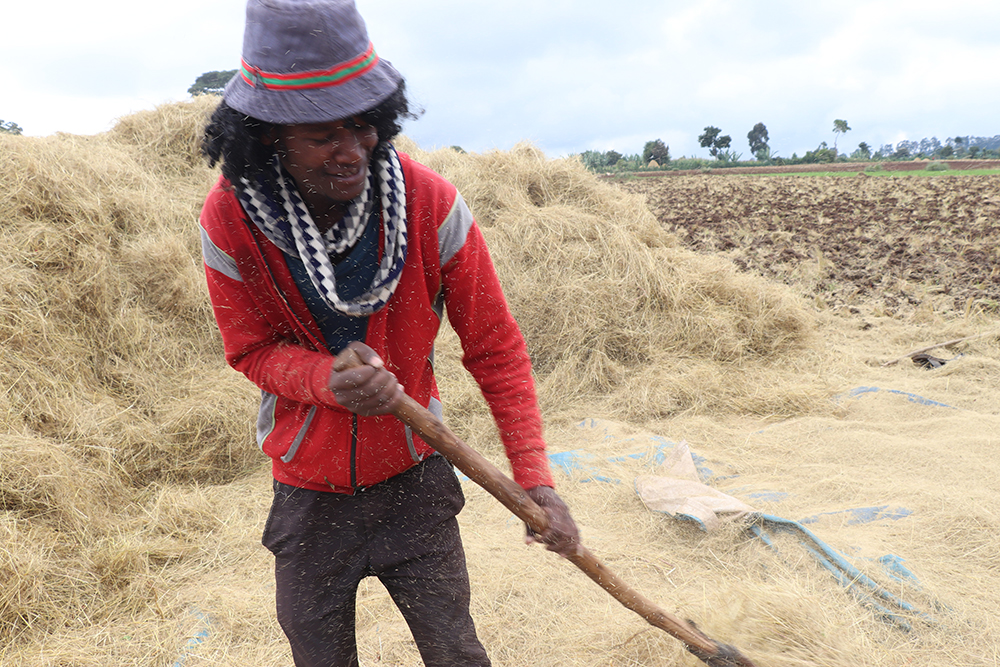
A turning point
“The topic that impressed my mind and took my attention most,” he says, “was the discussion on unpaid care work. Before it, I never noted or recognized the work load on my mother.” Afterwards, he says he was ashamed to enter the kitchen even to look for a glass to drink water. But recognizing a situation and feeling ashamed was not enough. Duressa not only changed his attitude to existing social norms, but also questioned his life-style: “The first session of the conversation was the turning point of my life. I’ll never forget my feeling at that time. I was impressed by the issues raised and discussed by community members and gradually started to think about my contribution,” he says.
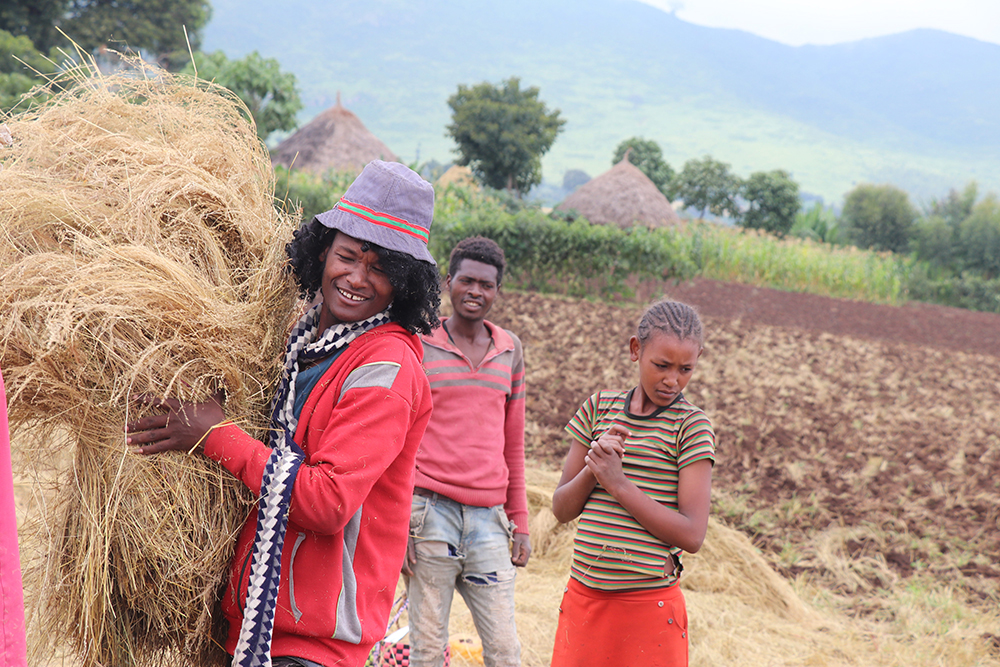
Taking action
So what has he done? He’s taken on many of his mother’s domestic chores, from cooking to childcare. “The only thing that I cannot do,” he says, “is child bearing and breast feeding. This is not naturally gifted to men!” This hasn’t gone unnoticed – it is very strange among the local community to see a man doing ‘a female’s job’, and many thought he was mad. But Duressa was undaunted and is now one of the exemplary youths who has made significant attitudinal changes due to the discussions.
A role model
The good thing is that local resistance did not last long mainly because of Duressa’s commitment to the change. He uses every opportunity to influence other youths and the local community, for instance, during encounters when farming, worshipping, or attending other community gatherings.
He got information and posters from the EYW program staff and is using these to teach others. In fact, he’s become quite a celebrity; wives and parents use him as an example when trying to influence their husbands and young children.
What next?
All this time, Duressa has been unemployed apart from working on his parents’ farm, although he is trained in road construction. He would like to do more to develop his drawing skills and passion for photography; maybe become the next Leonardo Da Vinci. More practically, he has plans to open a cell phone maintenance shop.
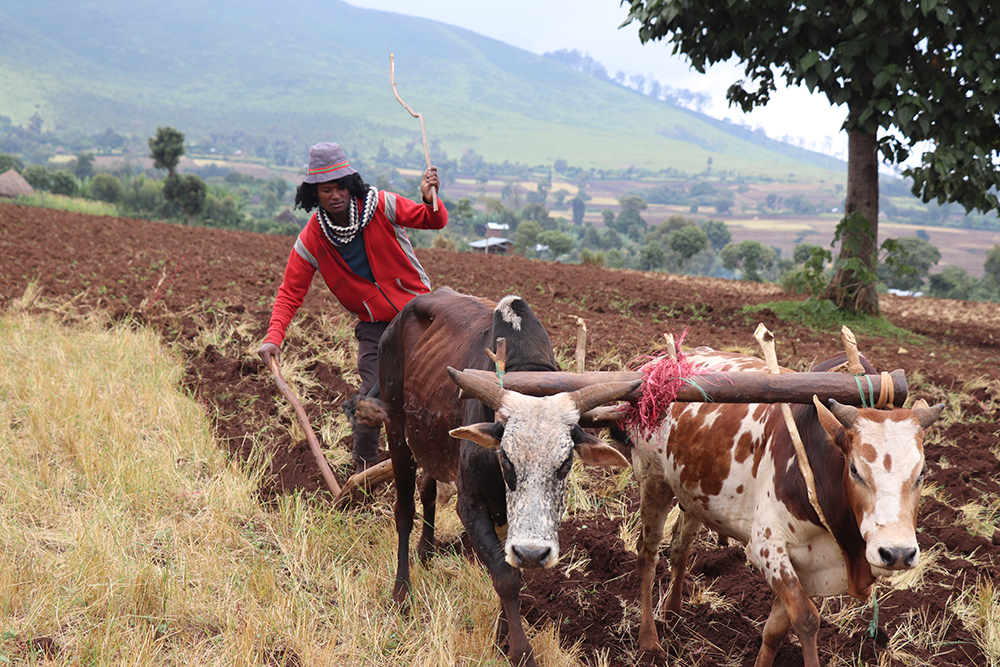
The wider picture
Duressa’s sights are not just set on the local community. He has called upon the government and other stakeholders responsible for youth development to be more responsive to the demands of youths themselves. He also has a call for his youth peers: “That they should free themselves from the sense of dependence, and focus on creating their own jobs; that they should use any support from government or NGOs, effectively; and that they should develop the culture of volunteering and contribute to solving the socio-economic problems of their community.”
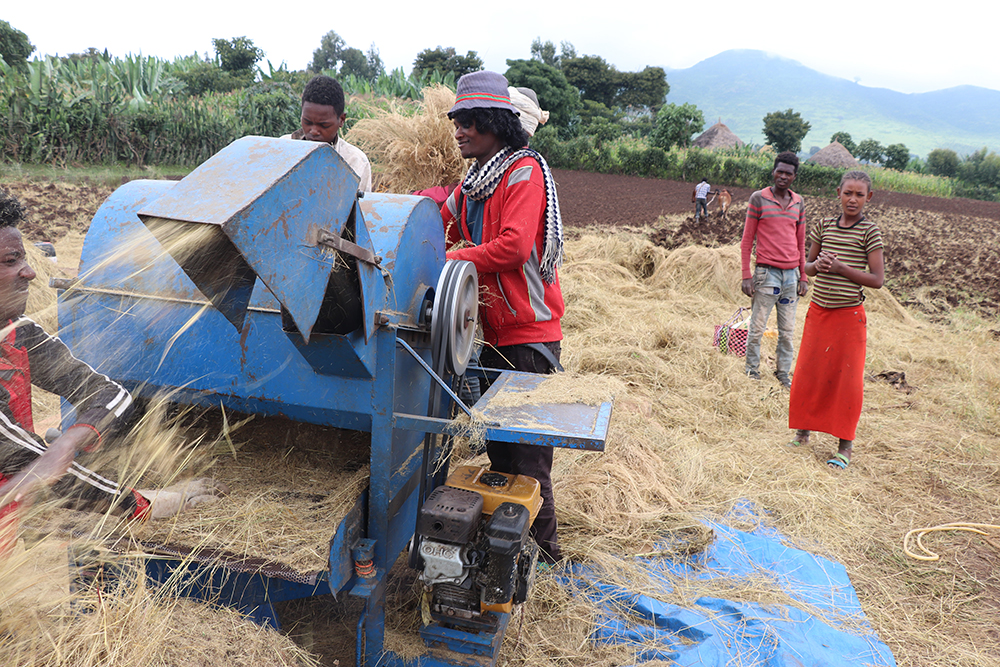
Duressa‘s story is part of the multiyear campaign, kicked off on International Youth Day 2019 by the Empower Youth for Work program and the Work in Progress! alliance. The campaign aims to support the national influencing work of the respective programs by joining forces with local role models. The ripples of #Iwasthere are spreading out around the world and these stories are proof that change can happen anywhere – we hope they will inspire you, too, to become an active citizen.
Why these stories?
There are more young people today than ever before in the history of the world; 1.8 billion people between the ages of 10 and 24 worldwide, and 90% of them live in low-income countries. . Harnessing the energy and strength of young women and men to become active citizens is core to Oxfam's goal of transformational change.
With their energy, skills and creativity, young people have the potential to be the driving force for social change, strong economies and vibrant democracies.
Oxfam is working jointly with youth to challenge barriers that prevent them from
Enjoying their rights
Participating fully in society
Being an effective voice in decision-making processes
How youthful dreams become reality.
These stories are proof that change can happen anywhere -
to inspire you to become an active citizen.
- Bangladesh
- Ethiopia
- Indonesia
- Italy
- Nigeria
- Pakistan
- Peru
- Somalia
- The Netherlands
-
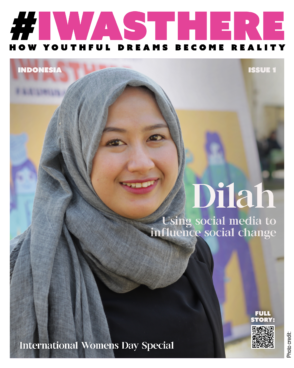
Dilah
“Development is more than just economy or infrastructure, it’s all about humans.”
-

Pakeeza
“As activists, we have to be patient. Without patience we can’t do anything, we just struggle.”
-
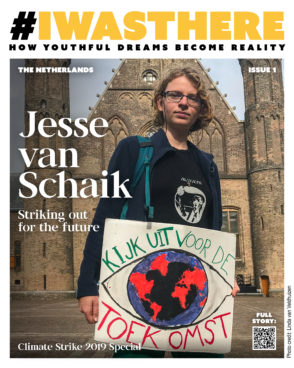
Jesse van Schaik
“I hope other people think ‘if she can do it, then I can do it, and then it won’t be that hard.’”
-

Chioma Ukonu
“Youths must work every day to be the change they want to see.”
-
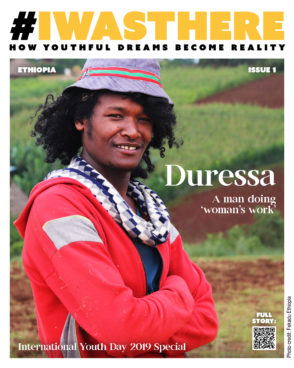
Duressa
“The only thing that I cannot do, is child bearing and breast feeding. This is not naturally gifted to men!”
-

Daphne Rozenburg
“My goal was to capture the essence of the vital advocacy work that goes on within powerful institutions. But in a light and approachable way.”
-

Milagros
“We are young, we are prepared. We have many things to do.”
-

Muzamil Ali
“The biggest challenge wasn’t informing them about modern farming techniques but persuading them to abandon outdated methods”
-

Nasrin
“Work is never defined for men and women, it is us who creates this differentiation. There are lots of people in rural areas who are not getting enough medical support, I want to do something more for their advancement by engaging the youth of our community.”
-
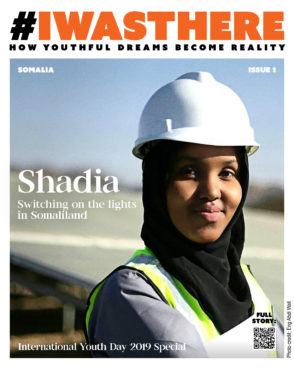
Shadia
“Fear is not part of my life. I conquer the fear itself.”
-

Opeyemi Agbaje
“I did not have any computer knowledge prior to this time; I only used computers for watching movies!”
-
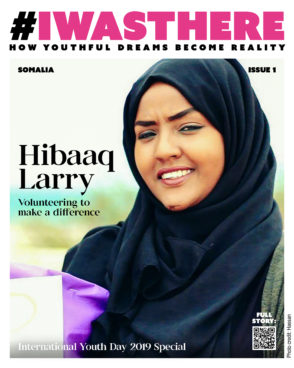
Hibaaq Larry
“We should create an environment where people can support one another and raise local funds together to buy clothes and food for poor children and mothers.”
-

Mr. Ajebo
“Work ethics and character are equally important as you cannot earn a living out of talent alone.”
-
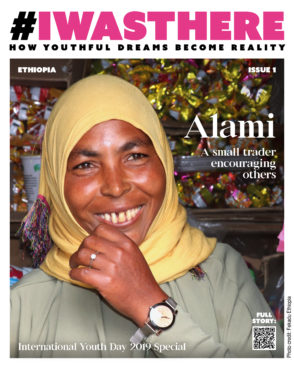
Alami
“I believe young women have the capacity to change their lives if they are provided with a safe environment and support from their family, community, and government.”
-

Alisha Khan
“Once we overcame our initial hurdles, we felt confident about managing more events, and soon established a good reputation in the city.”
-
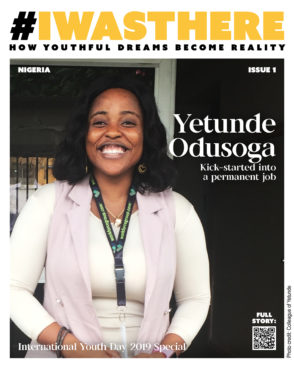
Yetunde Odusoga
“Even if a person supports you and teaches you how to do a thing, without passion on your part, it’s a ‘NO’!”
-
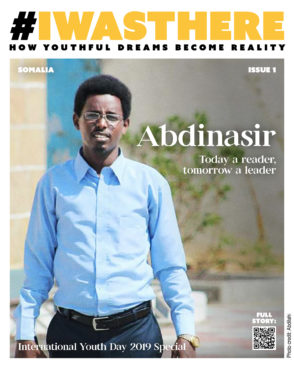
Abdinasir
“Without a book on my lap every day, I don’t know where I would have reached today. One day I will realize my dream of bringing all Sahil people into the library.”
-

Habiba
Habiba believes that other women and girls will be inspired by seeing her at work.
-
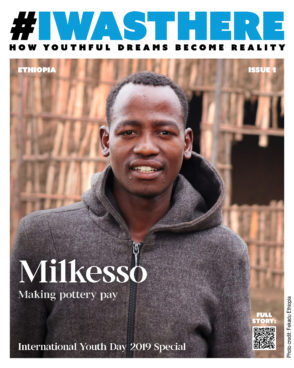
Milkesso
“Seeing my success, many people are now convinced it’s OK to assist women.”
-
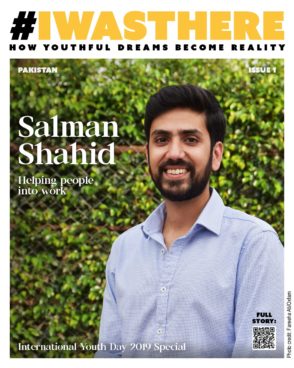
Salman Shahid
“We aim, one day, to scale up our start-up to a national level”
-
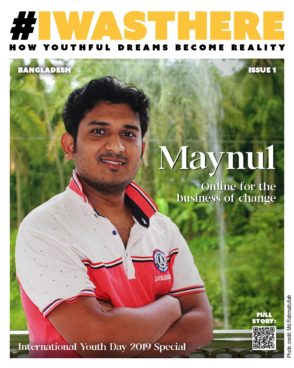
Maynul
He started working from home to save money, providing computer support to the community, especially women.
-

Mehvish Arifeen
“The beauty parlour industry is exploitative, and because women workers lack awareness about their rights, they pose little to no resistance to unfair work policies.”
-
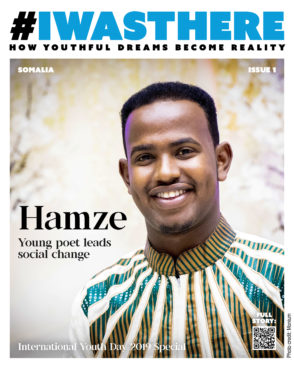
Hamze
“Poetry is art and expression, and has been in my blood since my childhood. If you want people to develop their country, young people are the starting point – they have the drive and stamina to pioneer changes”
-
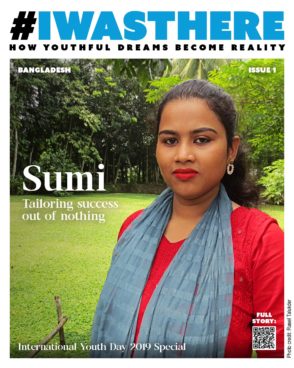
Sumi
To ensure the continued success of her business, she keeps up with the latest fashion trends online, adjusting them for the cultural and religious tastes of her clients.